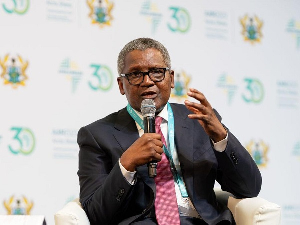The Holy month of Ramadan begins today. For the non-Muslim, leaning about the Islamic world can seem so confounding, especially if one has no Muslim support to fall upon.
All studies that have to do with Islam are based on the Qur’an and the Hadiths. The Hadiths have different authors or reporters who recorded the sayings and actions of the Holy Prophet (pbuh).
The Holy Qur’an itself is also the subject of intense study.
Once a subject of study has to do with Islam the curriculum has to cover the Qur’an and the Hadiths. Another field of study is Arabic Language.
A well-organized institution that is structured to teach the Islamic scriptures typically will consider Arabic Language. If they do not have what it takes to teach that language, they must surely have Islamic scholars who will base their studies on the Qur’an and the Hadiths.
The Hadiths run a commentary on some verses of the Holy Qur’an and also some practical issues that were elaborated on or explained by the Holy Prophet (pbuh).
The study of Islam itself has many branches.
We shall mention three of them.
First is Salat or the five daily prayers.
Second is fasting. Here there are many things to learn: what goes into fasting; what invalidates fasting; what makes fasting appropriate; the philosophy behind fasting; the scientific, economic and social implications of fasting; its moral implications on the one fasting, especially during the Holy month of Ramadan; the types of fasting in Islam; the origins of fasting and fasting in the pre-Islamic era within some religious dispensations that Islam inherited some of its traditions from.
Third, the practical Islamic way of life.
In short Islam is a religion that one must learn before one can practice it.
You may either learn it on your own or from an Islamic family that has knowledge about it. If you are from a family that has no Islamic knowledge you have to search for it.
Your learning will therefore depend on your interest; the amount of time and energy you invest in it depends on your faith in Islam and your passion for righteousness.
The result is that in Islam, the most learned among the believers is always called upon to take the mantle of leadership. This means that those who are serious and energetic about learning the faith end up becoming the leaders and the imams.
All others have to find out from those with superior knowledge about the faith.
This is how the learning of Islam is structured.
Feedback; ato@writersghana.com or to Naeem Ahmed on Twitter @naeemahmedag1 or via WhatsApp through +233 24 870 5190.
Writers and Shakespeares Ghana Limited exist to be a moral and intellectual guide to the best practice of PR and integrated communications around the world, beginning with Ghana.
Opinions of Sunday, 12 May 2019
Columnist: Naeem Ahmed Abdul-Ghafaar















